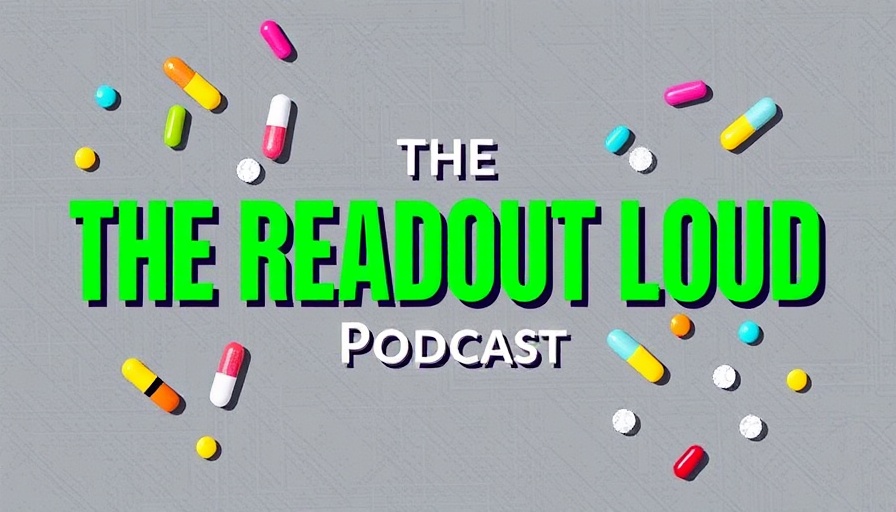
The FDA's Ongoing Struggles in Gene Therapy Regulation
The recent turmoil at the FDA has raised eyebrows among healthcare professionals and patients alike. A significant shake-up occurred with the ousting of Nicole Verdun, a key figure in gene therapy regulation, leading to concerns about the increasing politicization of this crucial agency. Just as the FDA faces scrutiny, the tragic death of a second teenage boy using Sarepta Therapeutics' gene therapy for Duchenne muscular dystrophy throws a spotlight on the agency's approval standards.
Funding Innovation amid Government Cuts
Amidst these developments, an innovative solution has emerged: a private equity firm has stepped in to fund a research lab at Harvard University. This move addresses the funding gap left by government cutbacks in research support, suggesting a possible template for future collaborations between private entities and academic institutions. This alternative approach can lead to groundbreaking advancements in treatments that many patients are waiting for.
The Broader Implications for Healthcare
The implications of these developments extend beyond the FDA. The approval of an HIV prevention drug by Gilead Sciences highlights the ongoing advancements in pharmaceuticals, yet it doesn’t overshadow the need for reliable safety and efficacy standards. As private firms increasingly step into roles traditionally held by government funding, stakeholders must consider the ethical dimensions of such partnerships in health care.
Conclusion: The Future of Gene Therapy and Funding
The landscape of gene therapy regulation is rapidly changing, and the recent events surrounding the FDA suggest a pivotal moment for how these therapies are developed and approved. With alternative funding models emerging, the industry may find new pathways to innovation, but this also raises questions about oversight, accountability, and safety. As we navigate through these complexities, keeping an eye on the evolving dynamics between public regulation and private funding will be crucial.
 Add Row
Add Row  Add
Add 




Write A Comment